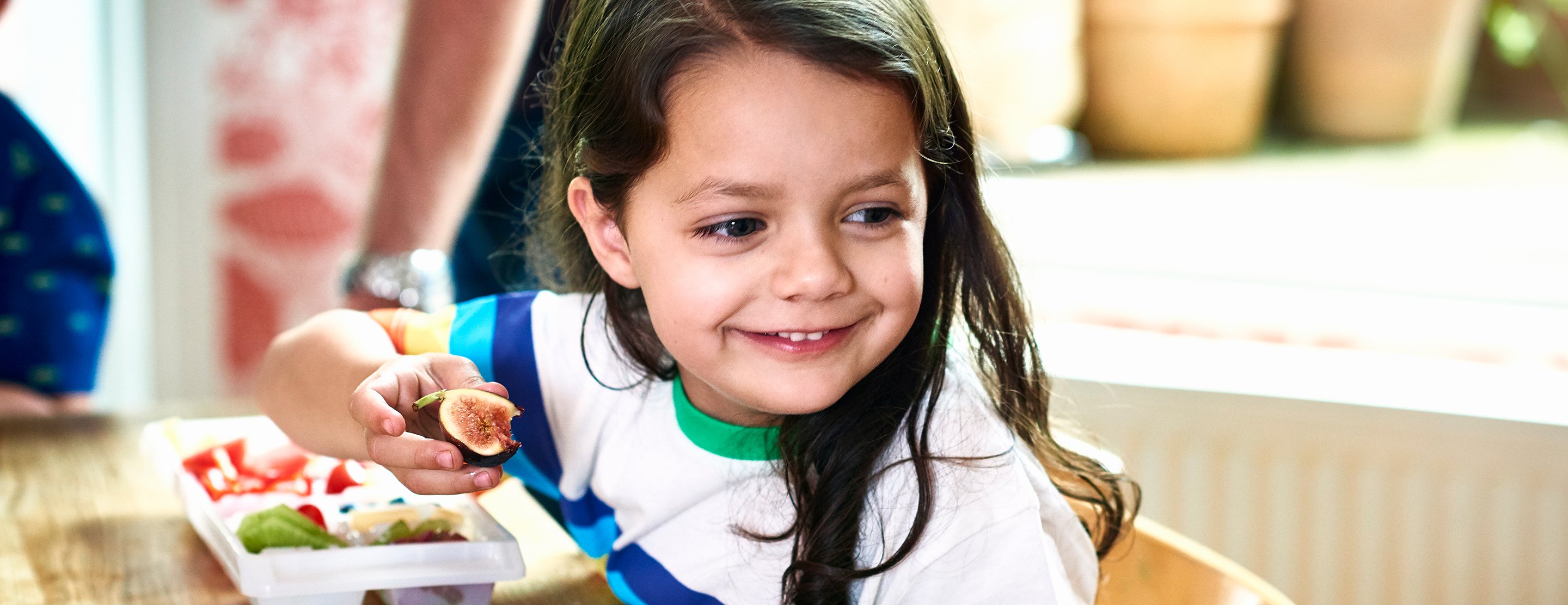Diabetes is a lifelong condition. However, it doesn't have to dominate the lives of young patients or their parents. Our child life specialists and endocrinology team created this article to help families avoid burnout in the daily work of managing diabetes.
Recognize that high and low blood sugar measurements are inevitable
Even with the best management, your child's blood sugar won't always be in range. You will never be able to perfectly replicate what the pancreas – a complex organ – does in people who don't have diabetes, and that's OK. Your child can still have a fulfilling, healthy life.
We want people with diabetes to keep their blood sugar levels in range as much as possible, because it helps them feel their best.
Avoid value judgments around numbers
Identifying blood sugar numbers as "in range" and "out of range," instead of "good" and "bad," helps foster openness and honesty about diabetes. Children who repeatedly get negative reactions from parents about out-of-range readings will avoid telling them when it happens.
Shame about blood sugar readings isn't helpful for diabetes management or for the parent-child relationship. Encourage your child to come to you about out-of-range numbers.
Remember that all information is good information
Instead of reacting positively or negatively to a number, try thinking to yourself (or say aloud), "I'm glad we checked, because now we have the information we need to know what to do next." Model this mindset for your child.
Educate others
Advocacy is a great way to help your child feel empowered. Invite your child to help teach friends, classmates and caregivers about diabetes.
Find support
Connecting with other families who live with diabetes can provide incredible support. Observing peers checking their blood sugar levels and taking insulin can help children normalize their own experiences, and may improve both diabetes management and emotional well-being.
To find other families, try searching for diabetes-related:
- Online groups
- Playgroups
- Teen groups
- Parent meetups
- Research and fundraising groups
- Special events
- Day and summer camps
Create balance
School experiences, extracurricular activities, social interactions and everyday activities are important for normal growth and development. Diabetes will play a role in each of these, but it shouldn't prevent participation or control every aspect of life.
Professional athletes, surgeons, Mount Everest climbers, authors, musicians and people with diabetes from virtually all walks of life have proved over and over again that anything is possible. To get inspired, search "famous people with diabetes" online.




































